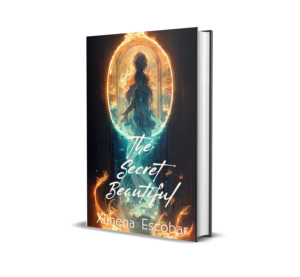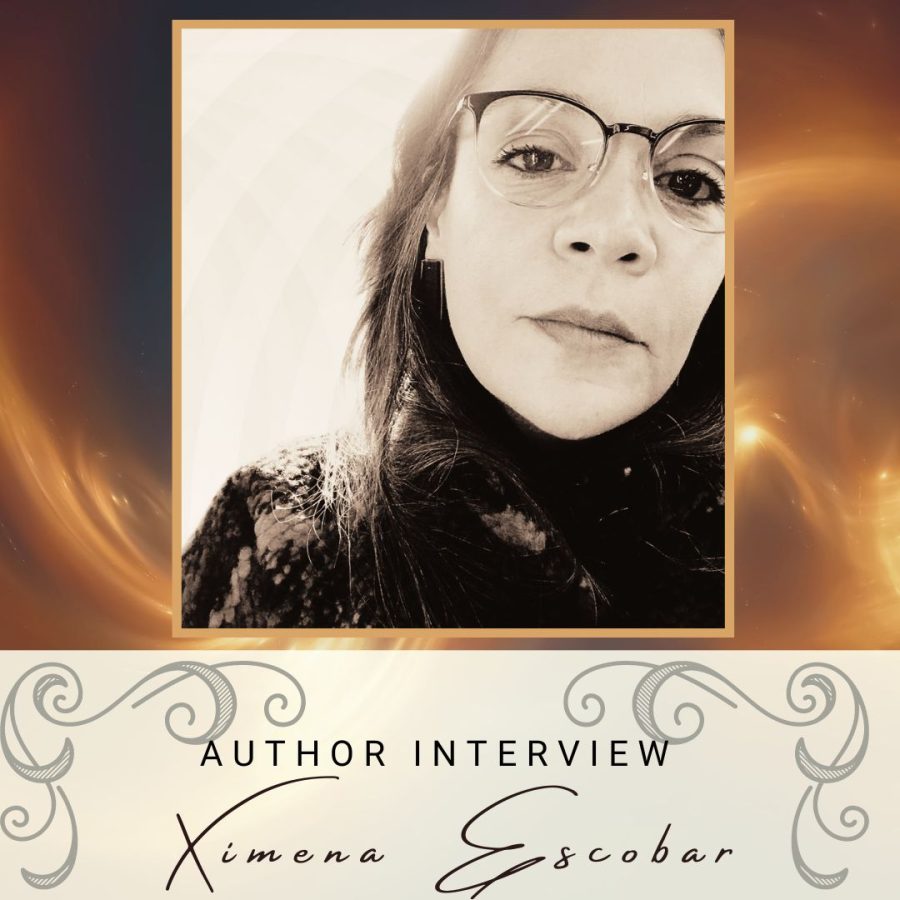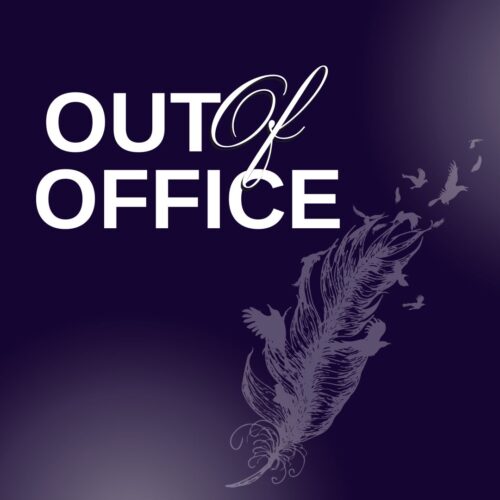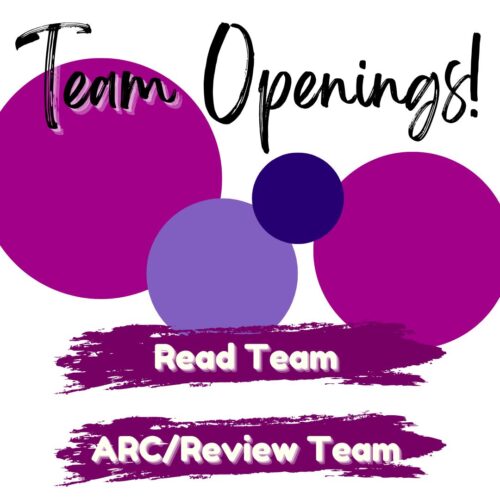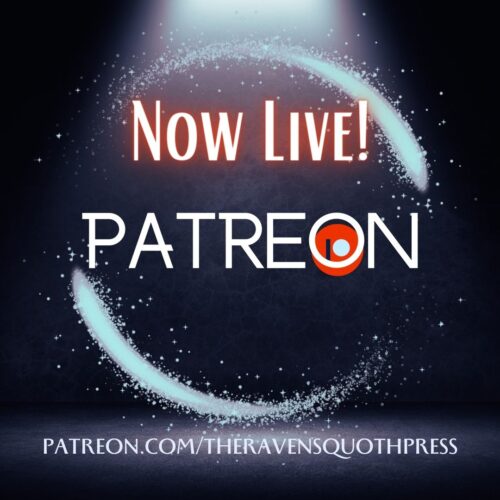I’d love to hear anything you might tell us about the making of the titular poem. What about this one made it your choice for the name the volume?
“The Secret Beautiful” is a self-awareness, a place within ourselves. That light in the dark; that sense of self, so enlarged when you are a child. That place where you are special, if you like.
So, yeah. When I sat down to write that, the first thing that came to me was a memory from my childhood, of being under water, in the swimming pool. I’d pretend I was a mermaid. I was always in character, my hair streaming around me… It enhanced my sense of self, and I was mutely aware of it at the time. But everything about it was secret. I was too old to be playing openly. No one knew I was playing as I swam. No one knew about my game. No one knew I was a beautiful mermaid. “The Veil of Happiness”, is more of the same.
And some of the other poems I had written for ocean-themed submission calls. Others I’d written on a plane, above the ocean, which meant that the ocean inevitably featured in them. So I guess it made sense to pick an ocean-themed poem as a title for the collection, but more so, all my poems are written from that ‘secret beautiful’ in ourselves, that place of intimacy with your own voice, where you, only you, understand.
You write across many styles and genres of writing. What have you found to be your most challenging project? And which the most rewarding?
The most rewarding is definitely this collection! I am delighted for my younger self, who would have seen this as a HUGE achievement. And proud of myself for reaching out and submitting the work, despite all the insecurities, the shame, my imposter syndrome whispering in my ear. It’s great reaping what you sow, making it count. You see, you write these poems over the years, here and there, so it’s very special to rescue them, have them safe between two covers.
For the most challenging… I’m going to go with “The Return of Dragons”. It was written for a dark fantasy call; I never was a reader or writer of fantasy, but as most submission calls in the indie publishing world are for spec fic or horror, I had decided to go for these opportunities just to make myself write and get better. On top of that, I hadn’t written anything exceeding the 2k mark, and this had to be 5 to 10k. It ended up at 8k and to date is my longest publication.
Having said that though, the biggest challenge is my current WIP. It’s a novella (potentially a novel) but the moment I give the plot any thought, I lose interest. The plot itself is not a driver for me. It’s the writing itself, the poetic prose, the literary fiction voice which I like to drive the story. Like the destination reveals itself because of what/how something was written. I obviously have a destination, but I’m clearing the path as I go. This is tricky with longer works, especially because I have little time/space to write.
How did you start out in poetry?
Oddly enough, it’s not something I’d tried until I started publishing flash fiction, 6 years ago. I got into writing 100-word stories, and I realised most of my drabbles were poetic prose, so I just changed the format.
What’s your work ethic when it comes to writing? Does it apply equally to your fiction and poetry?
When it comes to writing, I am entirely ruled by my mood. Especially these days, I have a full-time job which means full-time on screen, so I rarely work on my current fiction WIP after hours; I’m too tired for it. I may get some writing in before work, but what I’m reading won’t necessarily put me in the mood for that project. Or the idea or urge for a poem will hit me suddenly, and I’ll write a line on my phone, then another. Then I’ll continue through the day or week as and when and that will usually take over the fiction until it is finished. I love my dog walks. It’s always the birthplace of fruitful ideas. I also read poetry when I walk the dog.
Where do you find you do your best writing? Is it a specific place; a mindset; a mood?
The place doesn’t matter, as long as it’s quiet. It matters that I’m inspired. I’ll usually be most inspired after reading a fabulous book.
Several of the poems deal with some rather deeply personal events. Did you ever anticipate sharing them? What was your thought in including them in this collection?
Yes. I mean, I want to say emotions rather than events.
All my poetry comes from a deeply personal place, and that’s pretty much the meaning of “the secret beautiful”, so anything deeply personal would fit, in that sense. But to answer your question I didn’t anticipate sharing any poem more or less than any other. There’s always a desire to share one’s writing, so I’ll always hope to share my poems if I consider them good enough. The difficulty is in being certain—enough—that you’ll like them the next day…
As artistic creations, poems are their own thing. I don’t distinguish between the more personal and the next, they are all a ‘work’ separate from me. At no point am I thinking that it’s about me, or telling my story when publishing it. It’s more about exposing the internal in all of us.
“Black Water”, for example, stemmed from the idea of a kiss. Not a kiss with anyone in particular, there was no breakup in real life, and I wasn’t even feeling the emotion of a breakup at the time. The only truth was the experience of a kiss, and the rest is pure fiction, although of course you still draw from experience, whether your own or not (I wouldn’t have written it if I’d never kissed anyone).
Other poems, yes, stem from a particular experience or emotion, and in some instances tell it as it is, but again, they are usually so elaborated, dressed in imagery and exaggeration even, that I don’t see them as a retelling of my life. It’s the seed that is always true, not the narrative. Come to think of it, there are a couple that are pretty straightforward.
But my choice to share them comes from what I get from them as a reader. There is a catharsis, a pleasure for me, although I cannot ever know how the same poem will read to another human. I just know that we are all human. No matter who you are, you can connect with another so closely through the poetry. Meeting on that bridge is delicious. To read and be placed in the heart of another’s mind. To discover places inside you, worlds, you didn’t know existed, thanks to the light in another’s words.
Who is your Audience?
I wish there was an easy answer for that.
Probably free verse poetry readers who love literary fiction and visual art. If you are also a woman and a mother, you might appreciate the collection more so. I would find it easier to identify who my audience isn’t.
Which poets do you turn to again and again?
Historically, I have been a reader of literary fiction more than of poetry. My ‘go back to’ authors are Julio Cortázar, Marguerite Duras, Virginia Woolf, Anáis Nin.
When it comes to poets, I’m into Mary Oliver and Sylvia Plath, but they are recent discoveries. Mostly I have read indie anthologies, so there are diverse voices within these books.
I have to say though, my favourite poets are actually musicians. Silvio Rodriguez, Juan Luis Guerra, Tori Amos. I love their lyrics.
Name a poem by someone else that you wish you had written.
“Morning Song” by Sylvia Plath.
Why do you think we turn to poetry in challenging times?
Poetry is healing. Something blossoms in the reader. It’s food for the soul.
Can poetry change the world?
Without a doubt! Especially when it is concerned with collective interests, social, political. It can be very powerful in its message. Like an image, poetry speaks a thousand words.
What, lately, do you find most exciting in the indie writing world?
The Raven’s Quoth Press! I am loving the monthly poetry prompts.
What can readers expect to see from you in 2024 and beyond?
Some more poetry for sure. And hopefully a novella, my current work in progress. I can’t get started with my next project until I see the novella to the end. Whether or not it gets published remains to be seen though. I think it will be a hard sell. That in itself is an opposing force.
I can’t wait to get started with my next project though. I see it as really viable for me to write. I’ve done/am doing the research, but the format will be a flash and micro fiction collection. Medieval historical fiction with poetic and speculative elements. I am very excited about it, but it’s all clouds and smoke until I start writing it.
What advice would you give an aspiring poet?
I still feel like an aspiring poet myself…but I guess my advice would be to get your work out there. It’s very easy to be discouraged by critique or rejection, but if you believe in your work, don’t be. Poetry is subjective; what one reader doesn’t get might speak volumes to another. As an editor/compiler of Eldritch & Ether, I know this firsthand. Some of my favourite submissions didn’t make it into the book because they were not liked by the other readers on the board, or did not fit the thematic guidelines. Others were liked where I disliked them. I got to see my own poems get the highest and lowest scores. One was rated highly by one reader but very poorly by the rest. It’s included in The Secret Beautiful.
What’s the one thing you most want readers to take away from reading The Secret Beautiful?
A reviewer called it “a luminous testament to the power of poetry to illuminate the hidden corners of the soul”. That same reviewer said it “resonates with mothers everywhere”. I couldn’t *hope for more than that (pun intended).
*You can read Hope’s review on Goodreads.
